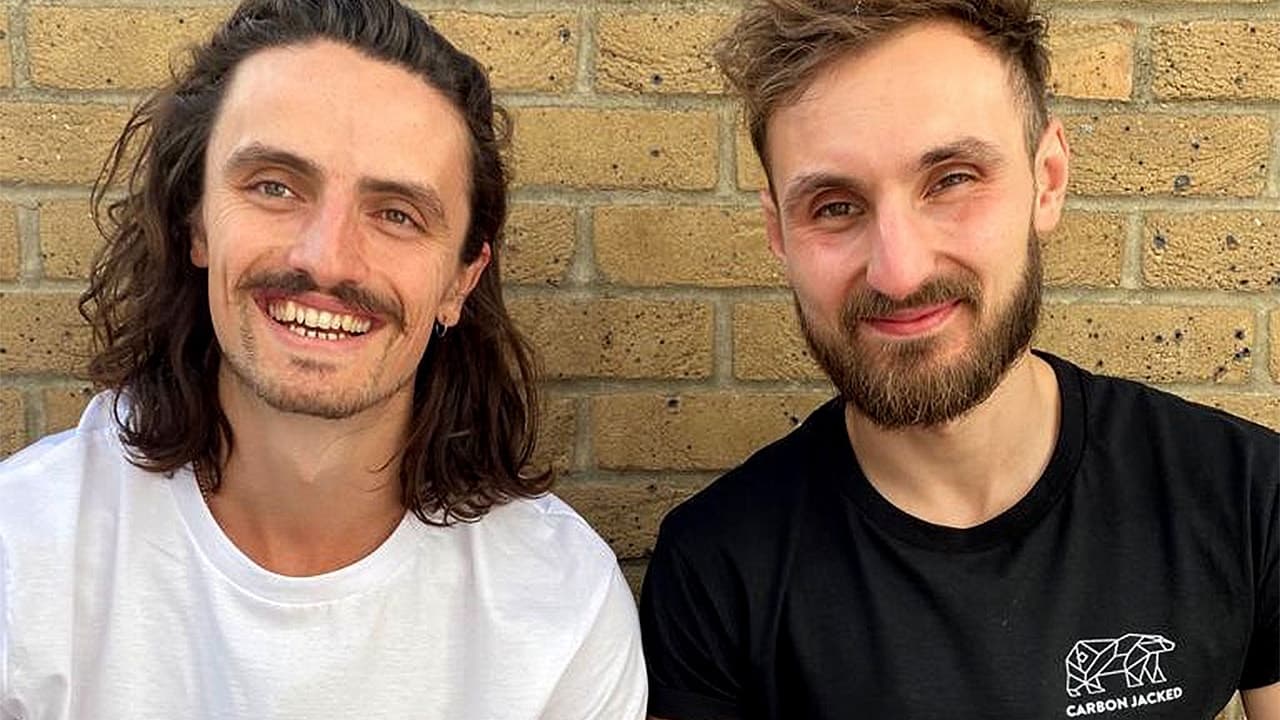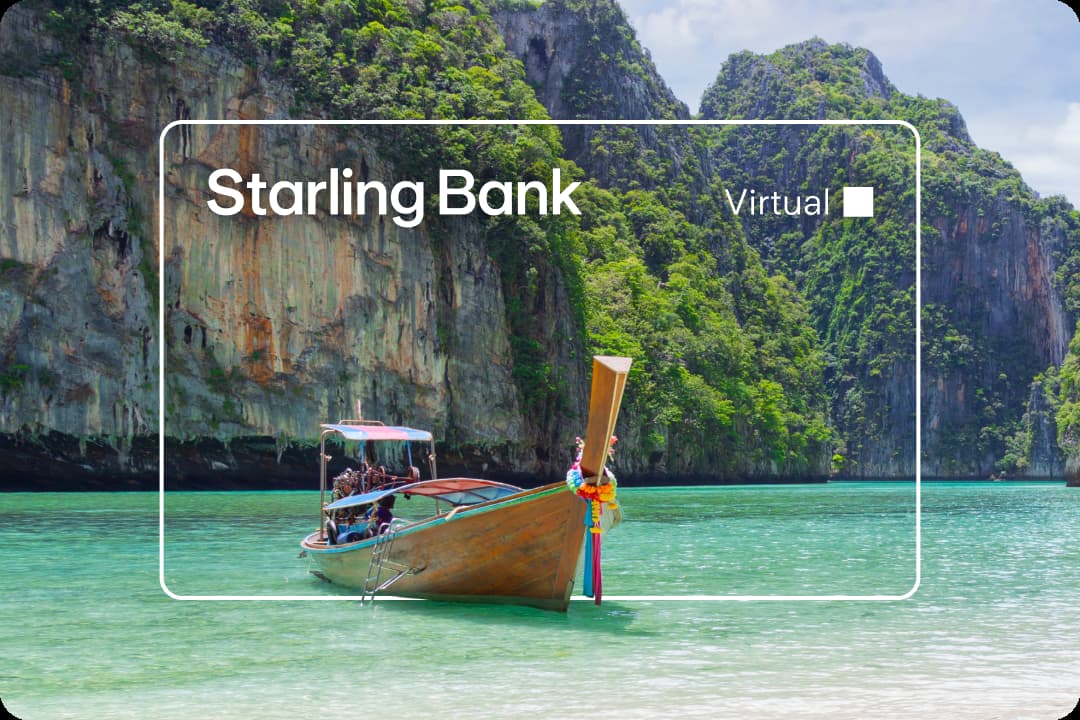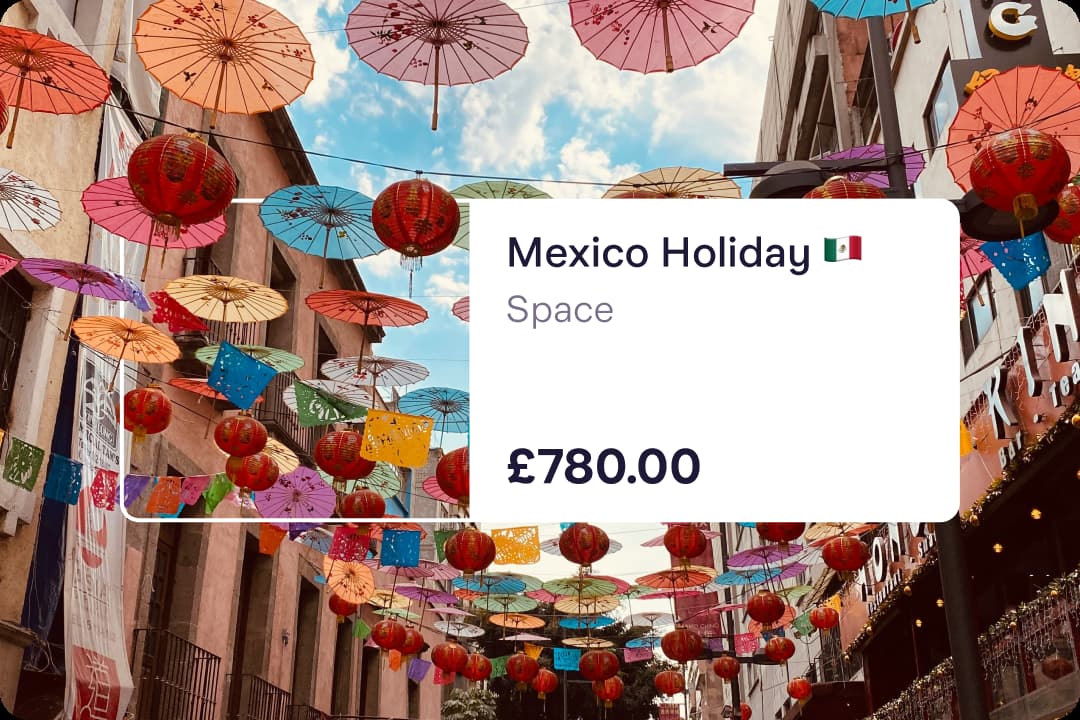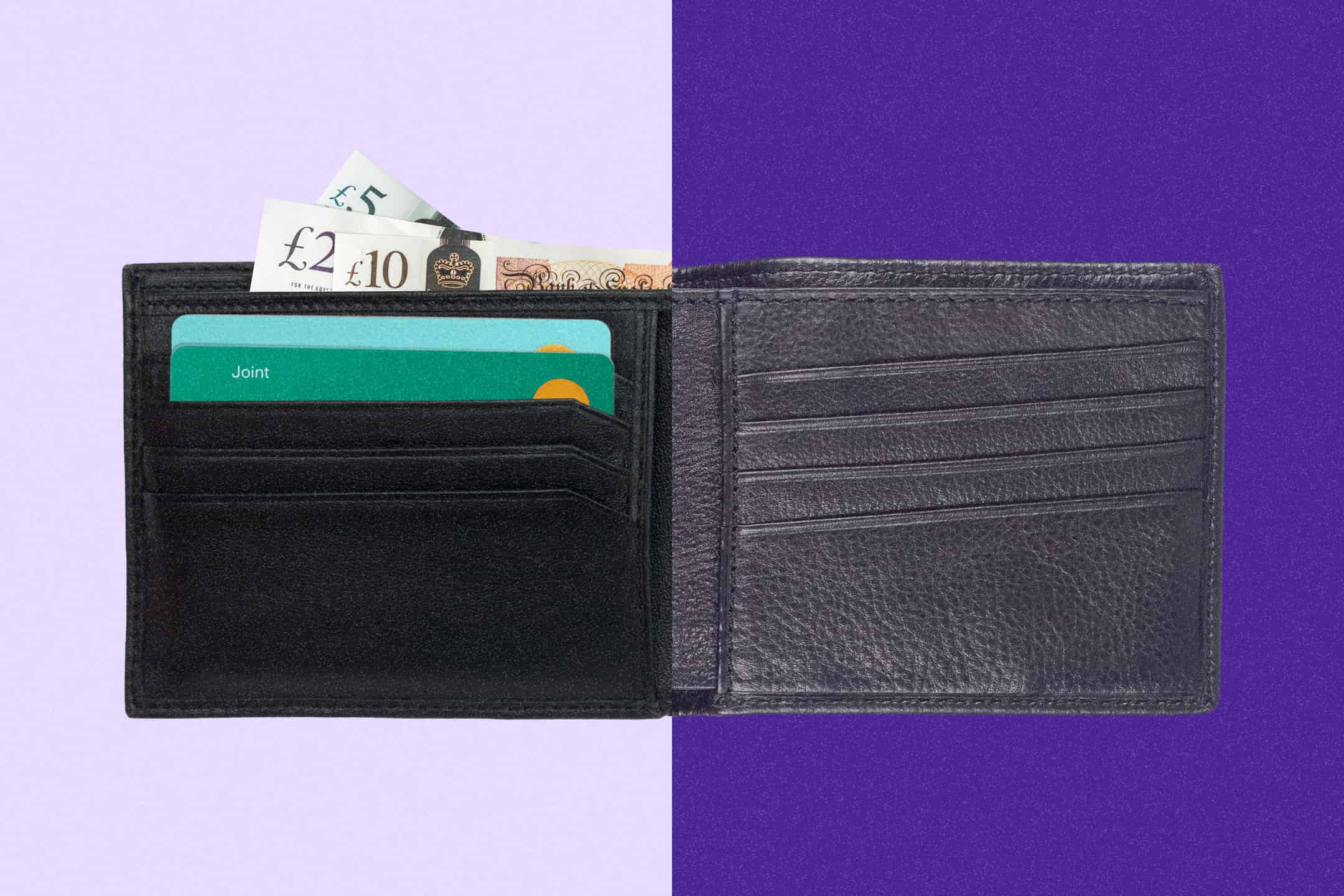
Business
“Becoming a mentor helped me see my own value.”
6th March 2025
24th November 2021

Carbon Jacked is an environmental start-up that helps individuals and businesses reduce their carbon footprint. “A carbon footprint is the total amount of carbon dioxide released into the atmosphere from the activities of an organisation or person; we all have one,” says co-founder Jack Curtis (pictured above right).
Carbon Jacked launched in May 2020 and has banked with Starling from the beginning. Both Jack and his co-founder Jacques Sheehan (pictured above left) are based between London and Loughborough and have worked on the business full-time since the start of 2021.
The co-founders not only share a first name, but also a background in the civil service and a passion for combating climate change. Jack, 29, previously worked in the Treasury as a trade negotiator. Jacques, 29, worked in the Cabinet Office on the EU exit, Covid-19 and climate policy.
Carbon Jacked helps measure and reduce the carbon footprint of their clients, who are a mixture of established businesses and start-ups.
“Our measurements take months, rather than minutes because every business is different,” says Jack.
The methodology Carbon Jacked uses to measure carbon emissions is based on the Greenhouse Gas (GHG) Protocol, a global framework for measuring the carbon footprint of businesses. “Our methodology also includes the latest available data from national databases and leading academic research.”
Carbon Jacked calculates a client’s carbon footprint and makes specific suggestions to help reduce the company’s impact.
For example, when Carbon Jacked examined the carbon impact of COAT, a paint company, they advised COAT to analyse their supply chain and work with suppliers to reduce emissions. They also recommended engaging with employees to help them reduce their personal carbon footprints.
Carbon Jacked has worked with a range of businesses, including a beauty brand, sparkling wine vineyard and a record label.
It can also arrange carbon offsetting to compensate for a client’s remaining unavoidable emissions. This usually involves funding specific climate projects that reduce the amount of CO2 released into the atmosphere. “All projects are independently verified under the highest international standards, such as the Gold Standard for the Global Goals (a United Nations organisation) and Verified Carbon Standard (VCS), which ensures that each project has the impact it says it does.”
Jacques adds: “Every project has an impact beyond climate change. There’s one project in Chad that provides Sudanese refugees with solar-powered cookers so they no longer need to burn fossil fuels or wood. This helps reduce the amount of CO2 released into the atmosphere. It means that people don’t have to travel long distances to collect the firewood, journeys that aren’t always safe.”
Jack continues: “We don’t advise any business unless we’ve seen what’s beneath the hood.”
Carbon Jacked also offers membership to individuals. Each membership enables trees to be planted and supports projects that tackle climate change.
“Forests are one of the best defences we have against climate change - they support biodiversity and remove CO2 from the atmosphere,” says Jacques.
Members get tailored advice on reducing their carbon footprint and discounts on sustainable brands.
“We wanted to find a bank that would prioritise sustainability. A digital bank was the best place to start due to not having branches,” says Jack. “Starling has a carbon reduction commitment, runs its offices on renewable energy and on top of that, has a great app for new businesses that’s really easy to integrate with other services.”
Jacques adds: “With the Starling app, we have everything at our fingertips and there was no paperwork to set up the account.”

Business
6th March 2025

Business
24th May 2024

Business
24th May 2024

Money Truths
2nd July 2025

Money Truths
1st July 2025

Money Truths
29th May 2025